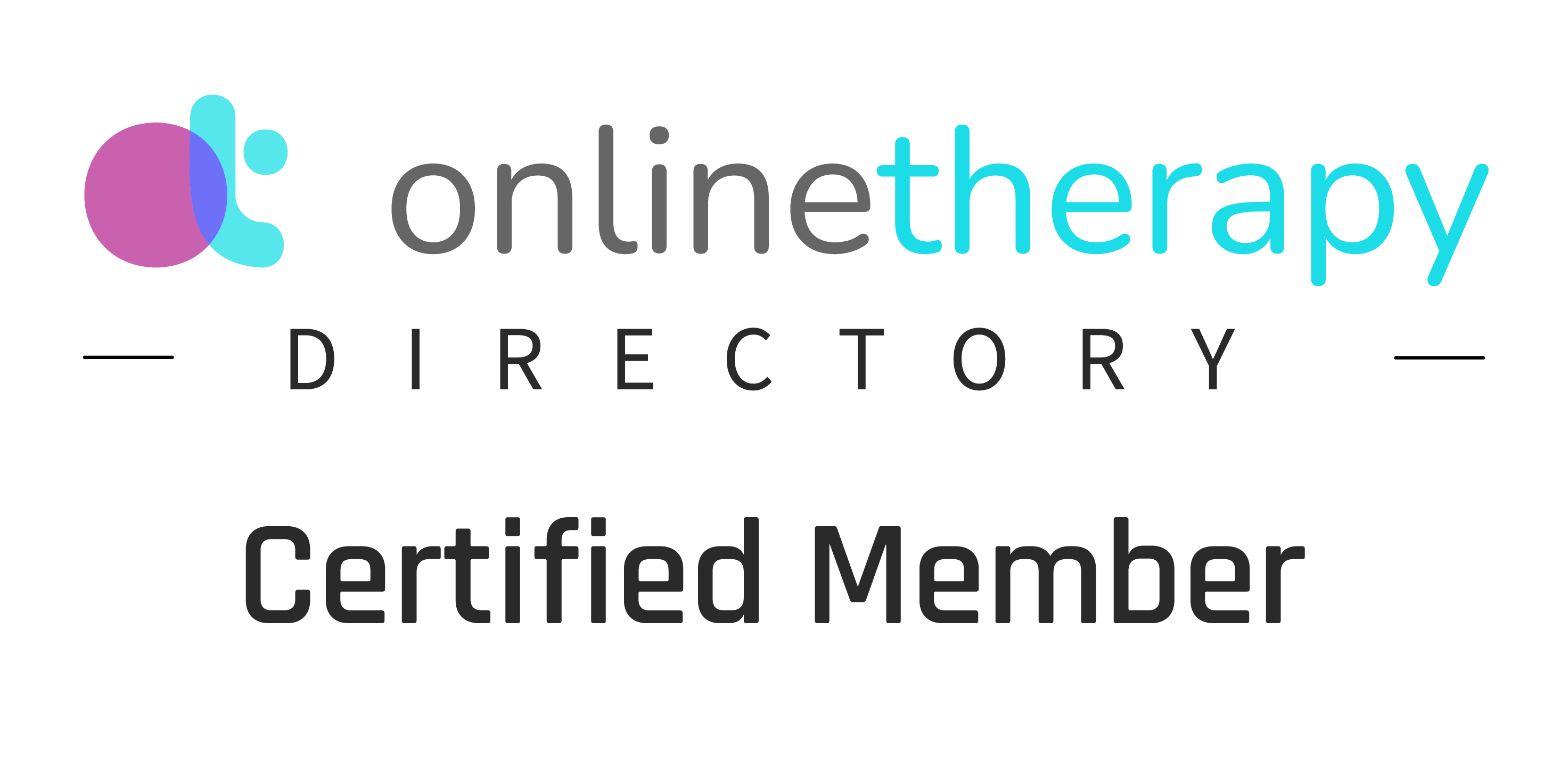How to Establish Achievable Work-Life Boundaries While Working from Home
- Rachael Hands, LCSW, Certified EMDR Therapist

- Apr 14, 2021
- 3 min read
Updated: Mar 8, 2022
In the height of the pandemic, people were desperate to hold onto their jobs for fear of the unknown. Unsure of whether their companies could survive a rapid virtual transition, and if they did, feeling fortunate enough not to have to apply for unemployment, employees felt at the mercy of their employers. Labor laws were thrown out of the window overnight into pandemic ambiguity. No more 9 to 5 days. No more lunch hours. Say goodbye to a nighttime wind down. Everyone is essentially on call.
Almost overnight, people had to find a new way to separate themselves from their work lives. Your living room, bedroom, closet became your office as well as your personal dwelling. Anxious and depressive thoughts around the monotonous routines and lack of scenery have consumed us. Negative habits have emerged such as the lack of physical activity, lack of socialization and increase in drugs and alcohol consumption. As we learn to navigate the new “normal,” we can learn to establish appropriate boundaries while working from home.
Here’s a friendly wake-up call: We all have lives apart from work. We are all susceptible to sleep deprivation, burnout and a plethora of other things that can negatively impact our overall health.
If you haven’t already, here is your sign to take inventory of what you can do to take care of yourself and your mental health. Start by asking yourself the following questions:
What did your work life balance look like prior to the pandemic?
How much down time, not thinking about work, did I allocate for myself per day?
What type of hobbies or activities did I engage in? How many times per week?
How would I describe my overall job satisfaction?
Do I feel that my employer valued my down time?
Are there any ways I can incorporate any positive aspects of my pre pandemic life into the present?
We are still fighting our way out of a global pandemic. We have regained many aspects of our lives that fill our need to socialize and explore our environments yet we are still not back to “normal”. The question still looms if “normal” will ever look like it did and how long it could take.
By asking yourself the questions above, we can determine what aspects of life you are missing and can give us some ideas of how to reintroduce these positive aspects back into your life.
How are your prioritization skills?
Create a calendar. Place all of your tasks and deadlines in a calendar format this way you can determine the appropriate order for getting different tasks done. By having a paper or electronic calendar we can create a sense of control. We can further break down projects by allocating a certain amount of time per day to multiple projects to reduce procrastination. Setting weekly goals instead of countless daily tasks is another way to target bigger objectives.
How are you managing self-care?
Set a designated time every day for your break and send an “out to lunch” message to your coworkers. We all have to eat to survive and labor laws are supposed to hold our employers accountable to having designated breaks. Unfortunately, this has not been the priority during the pandemic and we all somehow forgot the necessity of taking a break. By communicating what you are doing to your co-workers, you are not only letting them know where you are and what you are doing but also setting a good example putting your self-care as a priority. Use ‘calendar blocking’ to set aside times for daily breaks when you will be unreachable.
If you don’t have time for a meal, I want you to ask yourself the following:
Does my job respect my boundaries?
Is the work email I’m receiving really that urgent?
Am I being given too many responsibilities?
Am I spending my time wisely?
Am I able to foster healthy social relationships with my friends and family outside of work?
If you are unhappy with any of your responses to the above questions think about the reason you are letting this happen. Remember you have a choice in what you let your workplace environment look like. You are working from home. What you do is important. Making time for yourself several times throughout the day will improve your overall work performance.
By incorporating the suggested tips into your daily routine you are not only making your work life balance more manageable but also establishing that your time is just as important as the work that you do. Self-care can manifest itself in many ways. Take time to go for a walk, experiment making a new meal, exercise, read a book or call a friend. Simple breaks like this give your mind and body a much needed reset button, even if it’s just five minutes. There is always enough time to set aside for yourself.
Please email me questions, comments or blog post ideas to heartinhandpsychotherapy@gmail.com.






Comments